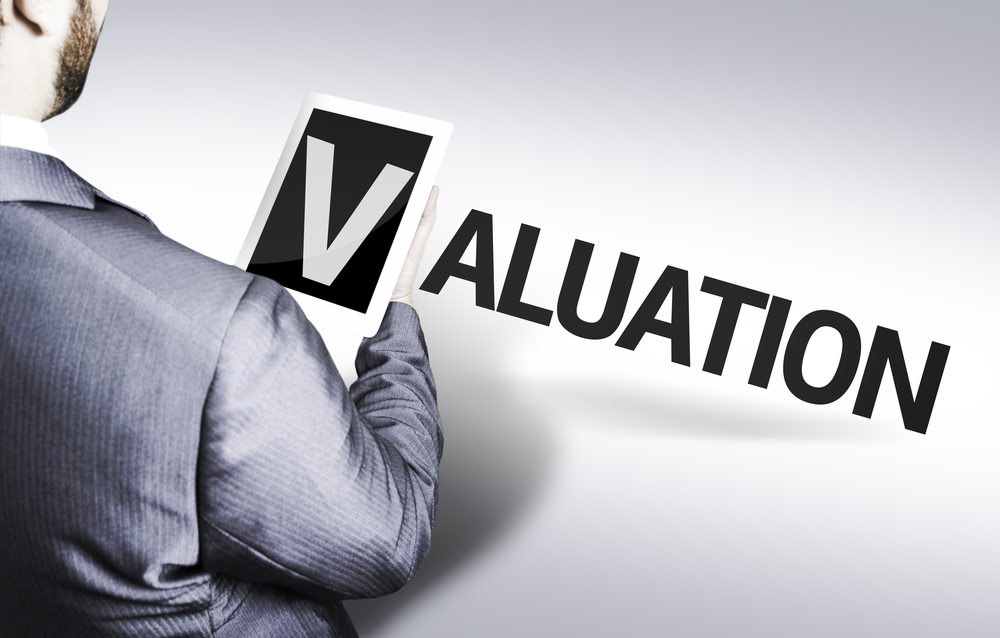The right value for a private business requires a skilled combination of scientific accuracy and artistic flair. This is a procedure vitally important, especially when it comes to mergers & acquisitions (M&A). Private companies are not as transparent about their finances like their public counterparts. It is their lack of transparency that is the issue, requiring a unique way to uncover the worth of these private entities.

Accurate valuation is essential in the field of M&A. The majority of M&A deals involve private businesses and understanding their value is vital to understand the implications of transactions. Beyond M&A understanding the private company’s worth is vital for taxation and in litigation.
The difficulties of valuing private companies
The value of publicly traded companies is determined by the stock market, where the number of shares outstanding and the price of shares are easily accessible. Private companies aren’t counted in this calculation due to a lack of financial information. Private valuations of companies pose challenges, as the information required to calculate the valuation is not readily available to the public.
Four methods that are commonly used to assess the value private businesses.
In spite of these difficulties there are four commonly used ways of valuing private businesses:
Comparable Companies Analysis: This method involves analyzing the financial indicators of companies that are similar to those in the same industry to determine what is the most valuable for the company you want to target.
Precedent Transactions Analysis – PTA: PTA examines the sale prices for similar companies that have been involved in M&A transactions. It provides a standard to value the target company.
Discounted cash flows (DCF): DCF is a method of calculating the intrinsic value based on the performance of the future by estimating future cash flow, and then reducing it to its present value.
Direct Valuation Assets method the value is determined by analyzing the various assets of the company, such as intellectual properties, real estate as well as equipment.
The role of private companies valuations in M&A Transactions
The value of a privately-owned firm is a major aspect in M&A transactions. A well-constructed valuation helps buyers and vendors to make informed decisions that align with their strategic and financial criteria. It doesn’t matter if it’s a buy, sale, or merger, knowing the true value of a private business is essential to the success and sustainability of the deal.
M&A transactions are a complex process that require due diligence, negotiations as well as financial factors. The initial step of accurately valuing a private company sets the foundation for a transparent and equitable deal. This helps both parties go into negotiations with an understanding about the value of their business which builds trust and facilitates smoother transactions.
The significance of valuing private companies goes beyond M&A. It’s important for taxation, litigation and many other fields.
Taxation: Understanding the value of a business is essential to plan and ensure compliance. A properly assessed valuation will ensure that the company is taxed correctly based on its real worth, and will avoid any disputes with tax authorities.
Litigation – Valuation is vital when the value of a private company is at issue. A precise appraisal can be crucial in determining a fair resolution, whether it is a dispute between shareholders, divorce proceedings or bankruptcy proceedings.
Four Common Methods of Valuation
Comparable Companies Analyse (CCA): CCA involves finding companies that are similar to a private company in regards to size, industry and financial metrics. The value of the private entity can be calculated by analyzing the multiples of companies that are comparable to.
Precedent Transactions Analysis: PTA is built on sales prices of companies similar to yours that have been acquired in M&A deals. By looking at the number of transactions analysts can extrapolate the valuation of the private company.
Discounted cash flow (DCF) Discounted cash flow (DCF) DCF is a method that is forward-looking, and provides a forecast of the future cash flow a business will produce. The cash flows are then discounted to their current value and provide an intrinsic valuation which considers time value of the money.
Direct Valuation of Assets: This method involves assigning a value to each individual assets owned by the business. This can include tangible assets such as real estate, equipment and patents, aswell as tangible ones such as trademarks or patents.
Conclusion: Valuing a private business is an essential requirement in the business world and an intimidating task. The science and art behind this process require careful analysis of financial indicators as well as industry benchmarks and forecasts for the future. The value assigned to private companies determines their future and present and future, from M&A transactions and taxation to litigation and the implications of litigation.
It is vitally important for investors, business owners and stakeholders to make informed decision-making. The landscape of private company valuation continues to evolve, businesses that grasp its intricacies and use sound valuation techniques are better positioned for success in an ever-changing marketplace. The process of valuing a private business isn’t only about figures; it’s about figuring out the essence of a business.